We debunk myths about perinatal mental health and encourage parents to talk about how they’re feeling.
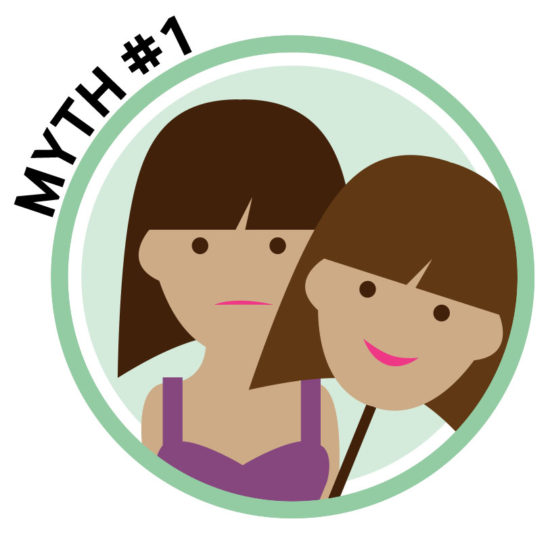
Pregnancy is a happy time but depression and anxiety are common mental health issues during pregnancy and after birth. Pregnancy is generally seen as a time of happiness and excitement. Perhaps because of this, depression in pregnancy can be difficult both for women and the people around them to accept and recognise.
In any case, depression doesn’t always manifest itself in the emotion of sadness; it can also present itself through feeling an utter lack of motivation or worthlessness.
It’s so important not to hide your emotions if you are feeling low or struggling so try and be open about how you’re feeling with your GP, partner, friends and/or family.
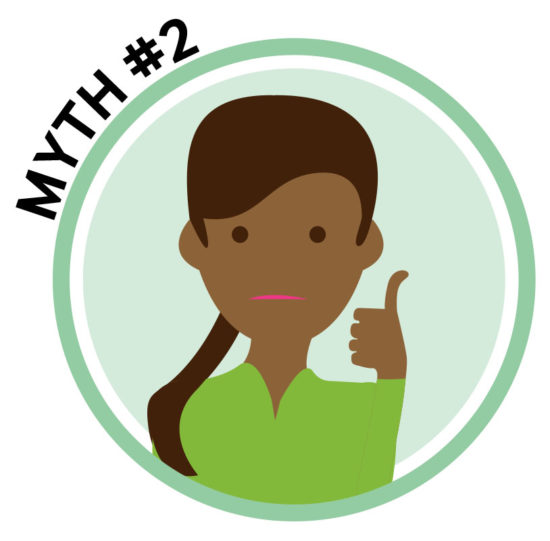
It could be the ‘baby blues’, which can leave some mums feeling emotional, irritable, low and/or tearful within the first few days or weeks after giving birth but, if symptoms persist or worsen, begin at a later stage, or even in pregnancy, it can be something more serious, such as antenatal depression (AND), postnatal depression (PND) or post-traumatic stress disorder (PTSD).
There’s a danger this can be labelled as the ‘baby blues’, and therefore many mums don’t seek help.
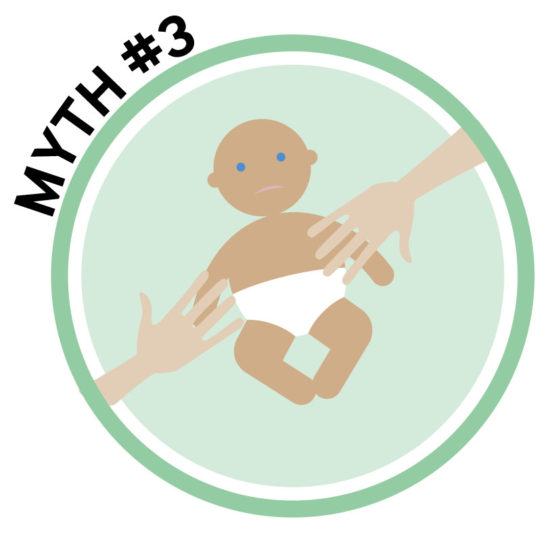
This is a huge misconception that prevents many new mums from seeking help sooner.
When diagnosed with a mental health issue like PND, your GP will be focussed on getting you better by offering medication and/or counselling.
The aim of healthcare professionals is to keep families together. Perinatal mental health specialists will also often work with mums to help with bonding and attachment.
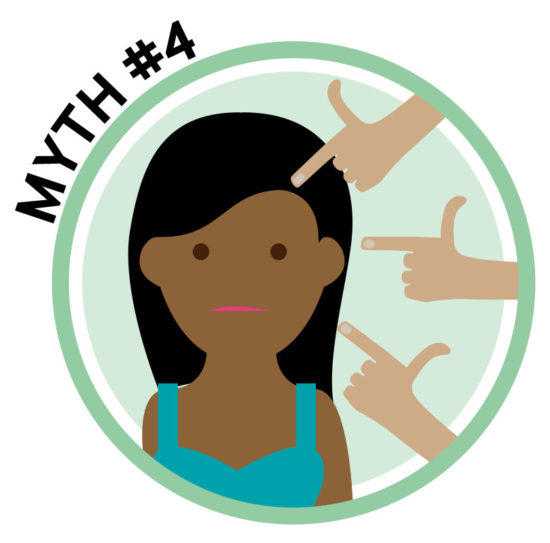
Having a mental health issue does not make you a bad parent or a failure. Adjusting to being a new parent can be an emotional and difficult time, especially if you develop depression or anxiety.
Mums and dads suffering with mental health worries often feel a strong bond and connection with their baby, despite their low mood or anxiety. For others, ongoing untreated depression can make it hard to emotionally connect.
Taking the step to seek help is the best and bravest thing you can do.
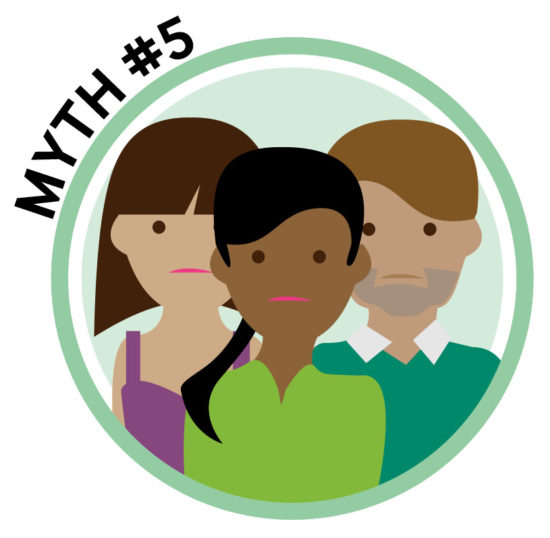
Mental health problems can affect anyone regardless of age, social background or relationship status but there are parents who are at a higher risk of certain mental health issues like PND, such as younger mothers or those with a history of mental illness.
If you don’t feel ‘right’ within yourself talk to someone and/or seek help from a professional.
You won’t be forced to take medication, such as anti-depressants, when diagnosed with a mental health issue but it may help you in the short term while you find long-term techniques to help boost your mood.
Medication can be useful in helping you feel that bit better and then enable you to do other things to aid your recovery, such as exercise, meeting other parents or counselling.
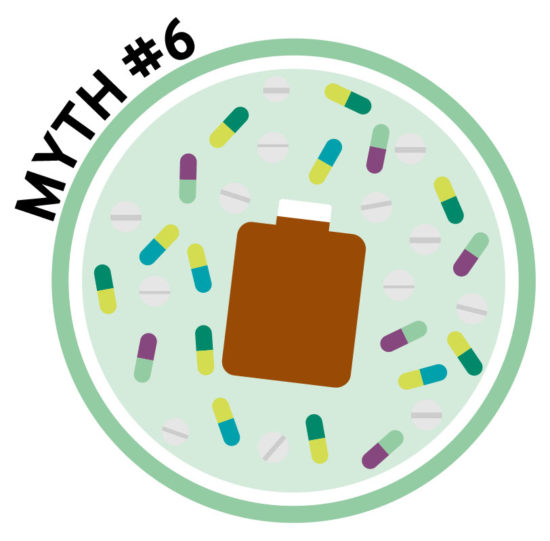
Most medication is prescribed for a six-month period and this may be all that you need in order to help your recovery; but you can take them for longer if you need to. Always seek advice from your GP before stopping or changing any medication as it’s important to do this slowly and in the recommended way.
Some mums also fear they may become addicted to medication or, if they’re breastfeeding or pregnant, believe they cannot take anything because it might harm their baby. There are a number of anti-depressants, for instance, that are safe to take when breastfeeding and during pregnancy so talk to your GP to find out more.
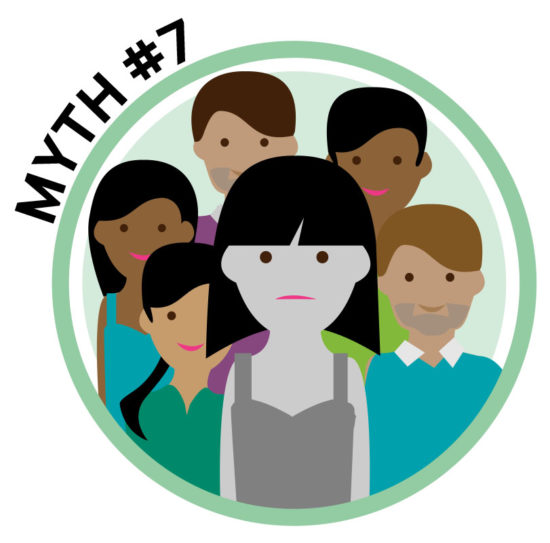
According to our research, half of new mothers are concerned about their mental health and many are suffering in silence, so you are most definitely not alone. It can feel incredibly isolating when you suffer with a mental health illness so it’s important to tell someone how you’re feeling and seek professional help as soon as you can. The sooner you seek help the quicker you will find a way to feel better.
Attending a support group can help alleviate the isolation that you feel, simply talking to others who have been through it or are in a similar situation will help you feel less alone and more understood. It is important though to check that these groups are properly safeguarded with well-trained staff and volunteers who have access to clinical supervision and support for themselves.
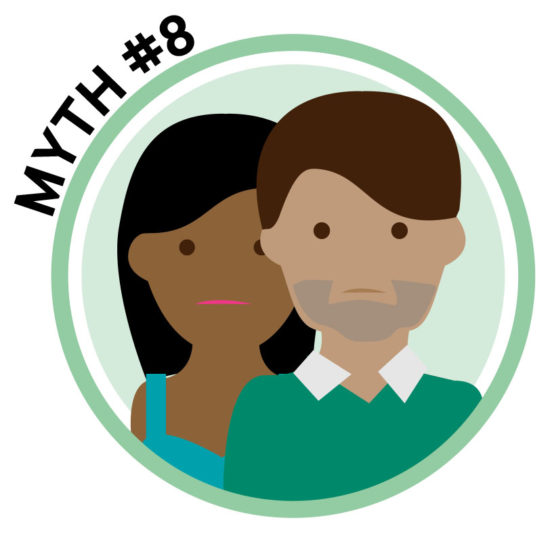
Men can suffer from mental health problems such as PND or PTSD too. Research from NCT found that more than one in three new fathers (38%) are concerned about their mental health. In general, studies have shown that one in 10 dads has PND and fathers also appear to be more likely to suffer from depression three to six months after their baby is born than at any other time. In addition, following a traumatic birth, fathers can be more prone to PTSD than mothers because they witness the trauma first-hand and can feel so helpless during the experience.
Mental health problems can affect mums and dads so talking to each other, and also friends and family, is so important.
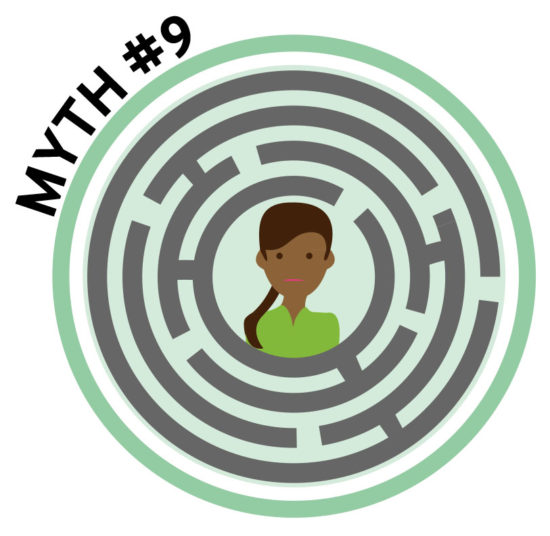
Often a friend, family member or colleague is the first to notice when something isn’t right. Just being there, listening and providing non-judgemental emotional and practical support can help.
Gently encouraging them to speak to their GP, midwife or health visitor is also important.
You can also access reliable information about antenatal and postnatal mental illness (examples below), as this might help you understand how you can help and make a difference.
Recovering from a mental health problem takes time; it’s not something you can simply ‘snap out of’. Here are a few tips that may help you on the road to recovery:
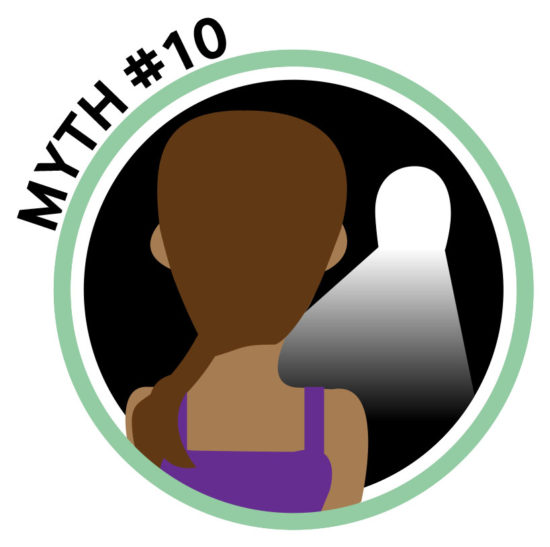
It can be difficult to talk about mental health issues during pregnancy or in the early weeks and months of parenthood but it’s so important to seek help if you need it. Share how you’re feeling – you are not alone.
NCT’s helpline offers practical and emotional support in feeding your baby: 0300 330 0700. See also NCT’s evidence based articles on mental health before, during and after childbirth.
You might find attending one of NCT’s Early Days groups helpful as they give you the opportunity to explore different approaches to important parenting issues with a qualified group leader and other new parents in your area.
Make friends with other parents-to-be and new parents in your local area for support and friendship by seeing what NCT activities are happening nearby.
Mind, a leading mental health charity, provides information on a range of mental health topics including postnatal depression and has an infoline for support: 0300 123 3393.
#PNDHour is an online peer support group that runs every Wednesday at 8pm via the Twitter account @PNDandMe. Anyone can join in to discuss topics about antenatal and postnatal depression, such as self-care, medication and seeking help. It’s run by a mum called Rosey who also blogs about her own experiences with antenatal and postnatal depression, as well as raising awareness of perinatal mental illness, at PND and me.
Tommy’s, a charity that funds research into stillbirth, premature birth and miscarriage, has information about mental health in pregnancy as well as a Wellbeing Plan to help parents talk more openly.
The Royal College of Psychiatrists has information on mental health in pregnancy.
Effective psychotherapeutic treatments may be found in your area. Check out the British Association for Counselling & Psychotherapy (BACP), the United Kingdom Council for Psychotherapy (UKCP) and the British Psychoanalytic Council (BPC) for a list of recommended therapists. Well Scotland or Inspire in Northern Ireland are leading providers of mental health information in their regions, including information on PND.